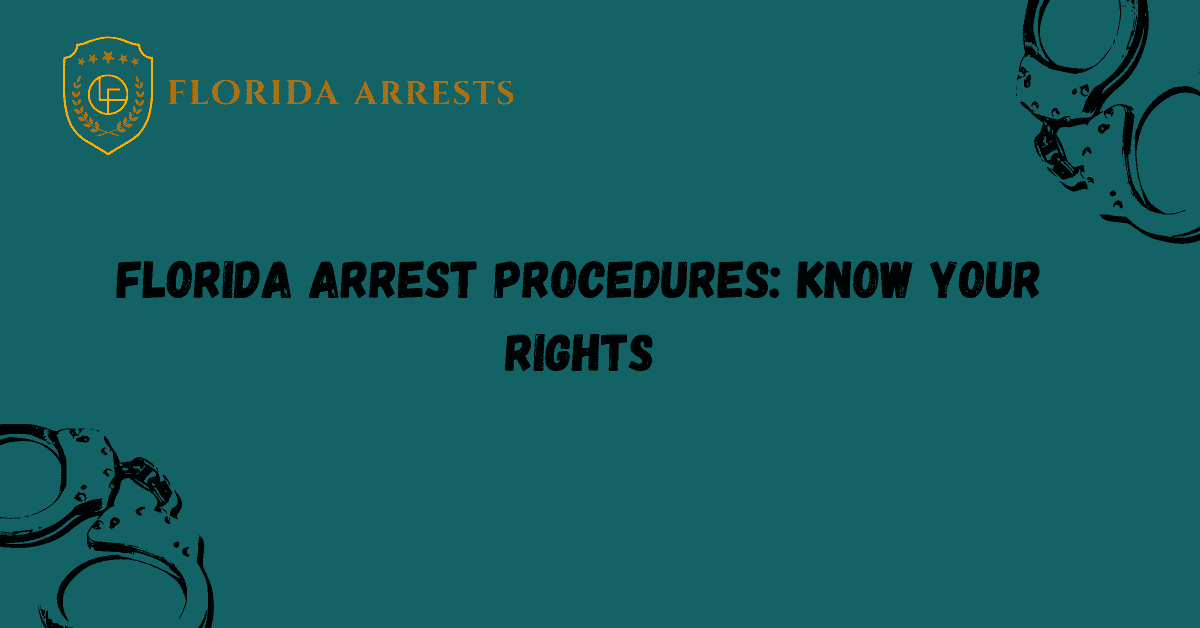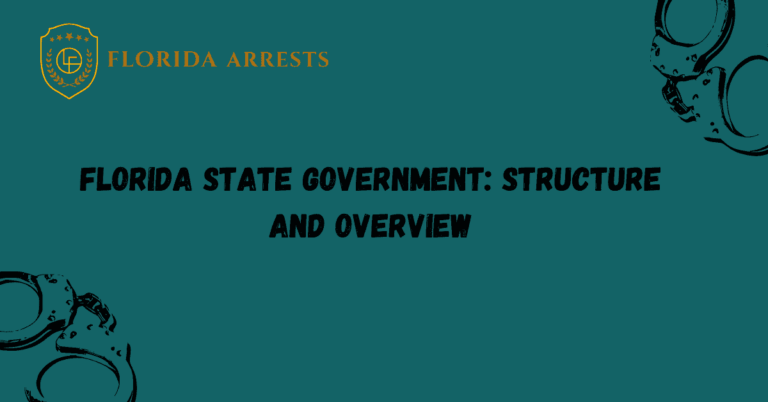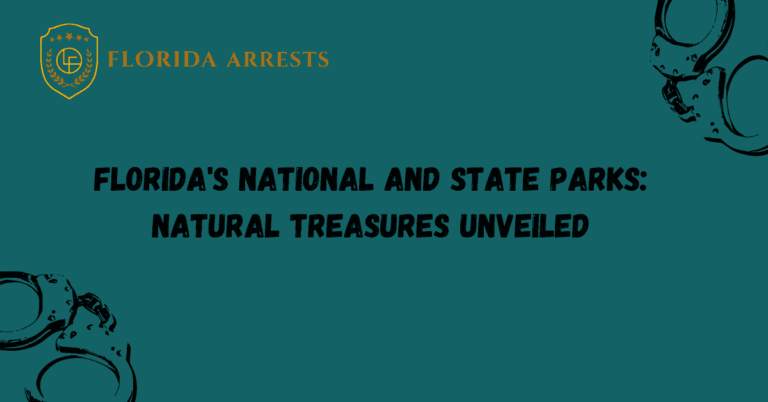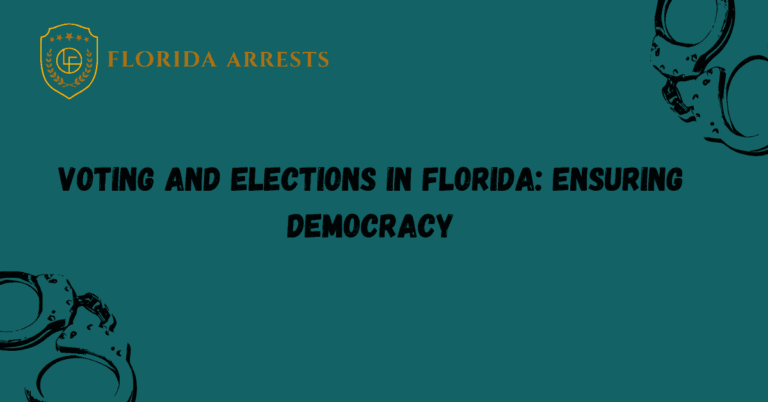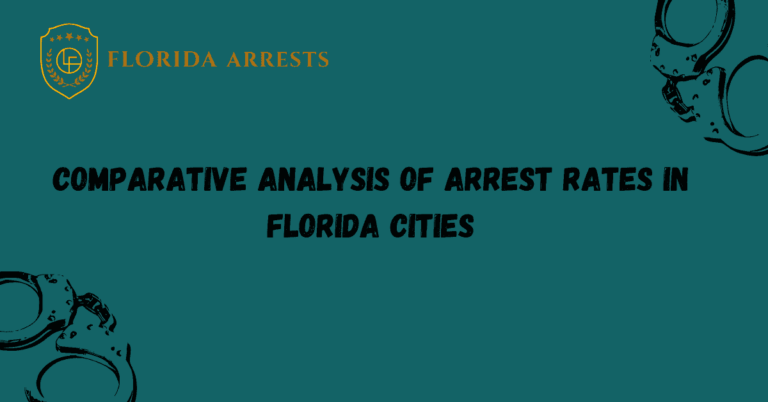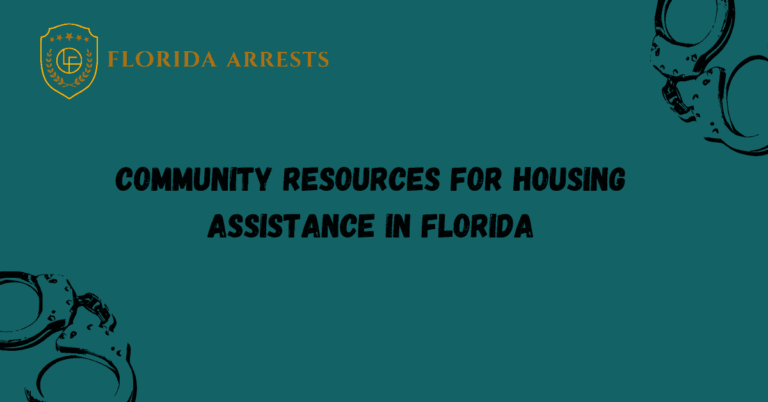Florida Arrest Procedures: Know Your Rights
When it comes to being arrested in the state of Florida, it is crucial to understand your rights and the procedures that are followed during an arrest. By having a clear understanding of these procedures, you can ensure that your rights are protected and that you are treated fairly throughout the process.
Arrest Procedures in Florida: The Arrest Process
When a person is arrested in the state of Florida, there are specific procedures that are followed to ensure the individual’s rights are protected and that they are treated fairly throughout the process.
Arrest Warrant and Probable Cause
Before an arrest can take place, law enforcement officers must have an arrest warrant or probable cause to believe that a crime has been committed. An arrest warrant is a legal document issued by a judge, while probable cause refers to the reasonable belief that a crime has occurred based on evidence or witness statements.
The Arrest
Once an officer has established probable cause or obtained an arrest warrant, they have the authority to make an arrest. During the arrest, the individual will be informed of their rights, commonly known as Miranda rights, which include the right to remain silent and the right to an attorney.
Booking and Processing
After the arrest, the individual will be taken to a law enforcement facility for booking and processing. This involves recording personal information, taking fingerprints and photographs, and conducting a background check. The individual may also be searched, and any personal belongings will be confiscated and held as evidence.
First Appearance
Within 24 hours of the arrest, the individual will have their first appearance before a judge. During this hearing, the judge will inform the person of the charges against them, review the bail amount, and address any concerns related to their rights. It is crucial for the individual to have legal representation at this stage.
Pretrial Release or Detention
Depending on the severity of the charges and the individual’s criminal history, the judge will determine whether the person should be released on bail or held in custody until trial. Factors such as flight risk and danger to the community are considered when making this decision.
Discovery and Plea Bargaining
During the pretrial phase, both the prosecution and defense will engage in discovery, where they exchange evidence and information related to the case. This process allows the defense to build their case and negotiate a plea bargain, if desired, to avoid going to trial.
Trial or Dismissal
If a plea bargain cannot be reached, the case will proceed to trial. During the trial, both sides will present their evidence and arguments, and a judge or jury will determine the individual’s guilt or innocence. If the evidence is insufficient or the individual’s rights were violated, the case may be dismissed.
Overall, understanding the arrest procedures in Florida is crucial for individuals to protect their rights and ensure fair treatment throughout the process. By following these procedures and seeking legal representation, individuals can navigate the legal system with confidence.
FAQs
What are Florida arrest procedures?
Florida arrest procedures refer to the legal protocols and steps followed when a person is arrested in the state of Florida. These procedures ensure that the arrest is conducted lawfully and that the individual’s rights are protected throughout the process.
What are my rights if I am arrested in Florida?
If you are arrested in Florida, you have several rights, including the right to remain silent, the right to an attorney, and the right to be informed of the charges against you. It is important to exercise these rights and seek legal counsel to protect your interests.
Can I be arrested without a warrant in Florida?
Yes, in certain circumstances, law enforcement officers in Florida can make an arrest without a warrant. For example, if they witness a crime being committed or have reasonable grounds to believe that a person has committed a felony, they can make an arrest without a warrant.
What happens during the booking process after an arrest in Florida?
After an arrest in Florida, the booking process takes place. This involves recording the arrested person’s personal information, taking fingerprints and photographs, and conducting a background check. The individual will also be placed in a holding cell until further proceedings.
Do I have the right to an attorney during Florida arrest procedures?
Yes, you have the right to an attorney during Florida arrest procedures. If you cannot afford an attorney, one will be appointed to represent you. It is crucial to have legal representation to ensure your rights are protected and to navigate the legal process effectively.
What should I do if I believe my rights were violated during an arrest in Florida?
If you believe your rights were violated during an arrest in Florida, it is important to consult with a criminal defense attorney. They can evaluate your case, gather evidence, and help you take appropriate legal action to address any violations and seek justice.

